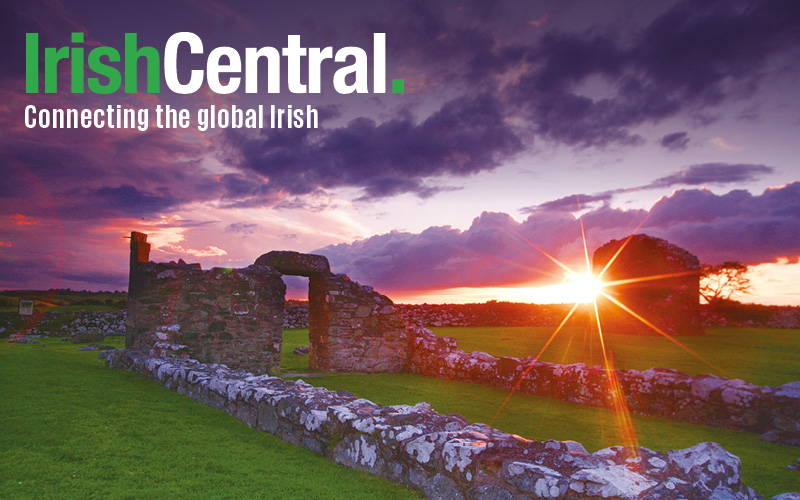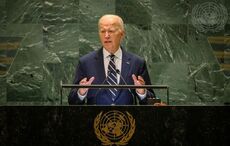In a column for TheJournal.ie, an Irishman describes how he had to prove to the US embassy that he was Irish and not British — and failed.
Stephen Collins writes that in March 2010 he was called to the American embassy in Dublin for an interview after his number came up in the green card lottery. Collins lived in Ireland, had an Irish passport and two Irish parents. However, he was born in London.
Natives of Great Britain were ineligible for the green card lottery in 2010, but Collins, who had a career in immigration law, concluded he was eligible after reviewing the application form.
“I expected some questioning; I did not expect the interviewer to hand my passport back, and suggest I submit documentation to prove I was a native of Ireland,” he writes.
“The statute books and Constitution were strangely silent on the subject of who was a native of Ireland. It was probably self evident once, before the era of mass transit and migration. The Irish government had recently started issuing certificates of Irish heritage to the diaspora, so I contacted the (then) Minister for Foreign Affairs Michael Martin TD for information. Surely he, a fellow Corkman and Coláiste Críost Rí alum, would recognize one of his own.
“‘Dear Mr Martin,’ I wrote, ‘I wonder can you help me prove I’m a native of Ireland.’
“Perhaps at a loss to know, his office contacted the American Embassy without my knowledge, which as an immigration lawyer was the last thing I wanted. The Minister communicated the feedback in a letter:
“‘How they categorize nationals is a matter entirely for the American authorities and it is not appropriate for the Department of Foreign Affairs to get involved (…) I am informed (by the US Embassy) that “native” ordinarily means someone born in a particular country, regardless of the individual’s current country of residence or nationality.’”
Collins writes: “Far from getting a greencard, I was in danger of losing something I’d always taken for granted: my Irishness.”
After submitting several documents to support his claim to be a native of Ireland, Collins says his application was rejected.
“The Consular Section rejected my DV2010 application on the grounds of ineligibility and worse, for a lifelong Irishman, said that I was not only British, but a native of Britain; British to the core.”
He asks: “Who — or what — is Irish?”
Collins writes: “So when the Irish government presented US President Barack Obama with a certificate of Irish heritage in 2012, I greeted the news with weary resignation. O’Bama, whose administration considered me British, was born in Hawaii to an American mother and African father, yet he was Irish whereas I, despite living in Ireland and having been born to Irish parents, was not. It was all a bit Irish, as we British say.
“I was well-placed to watch Irishness change in the early 2000s. The law offices I worked in represented clients from 163 different countries. I won refugee status for persons fleeing persecution on the grounds of nationality and LGBT identity, among others. I processed citizenship applications and attended court to see clients become Irish citizens. It was a privilege to represent people whose offspring might one day become what I can never be: a native of Ireland.”
“The thing is that they need a sense of belonging confirmed, whereas I don’t. I know I’m Irish, because the idea of a foreign embassy telling me otherwise is surprisingly offensive. I know I’m Irish, because Obama’s wry smile on receiving a certificate of Irish heritage troubles me. And I know I’m Irish because my friends and family find the idea of a British me hilarious. Look at my name, for feck’s sake,” he writes.
“…Policing Irishness is complicated. Someone’s always more Irish than you, even if only Saint Patrick (who was, of course, Welsh). If the Irish American organizers of New York’s Saint Patrick’s Day Parade want to play the “more Irish than you” game, they should abide by their government’s rules, and allow only natives of Ireland to march. Let’s break out the birth certificates to see who gets a float in 2015. They’ll find themselves on the sidelines with me, cheering Irish-born LGBT persons as they pass by.
“Nobody tells you who you are. The right to self describe is a freedom that no government, embassy and certainly no parade event takes away from you.”




Comments